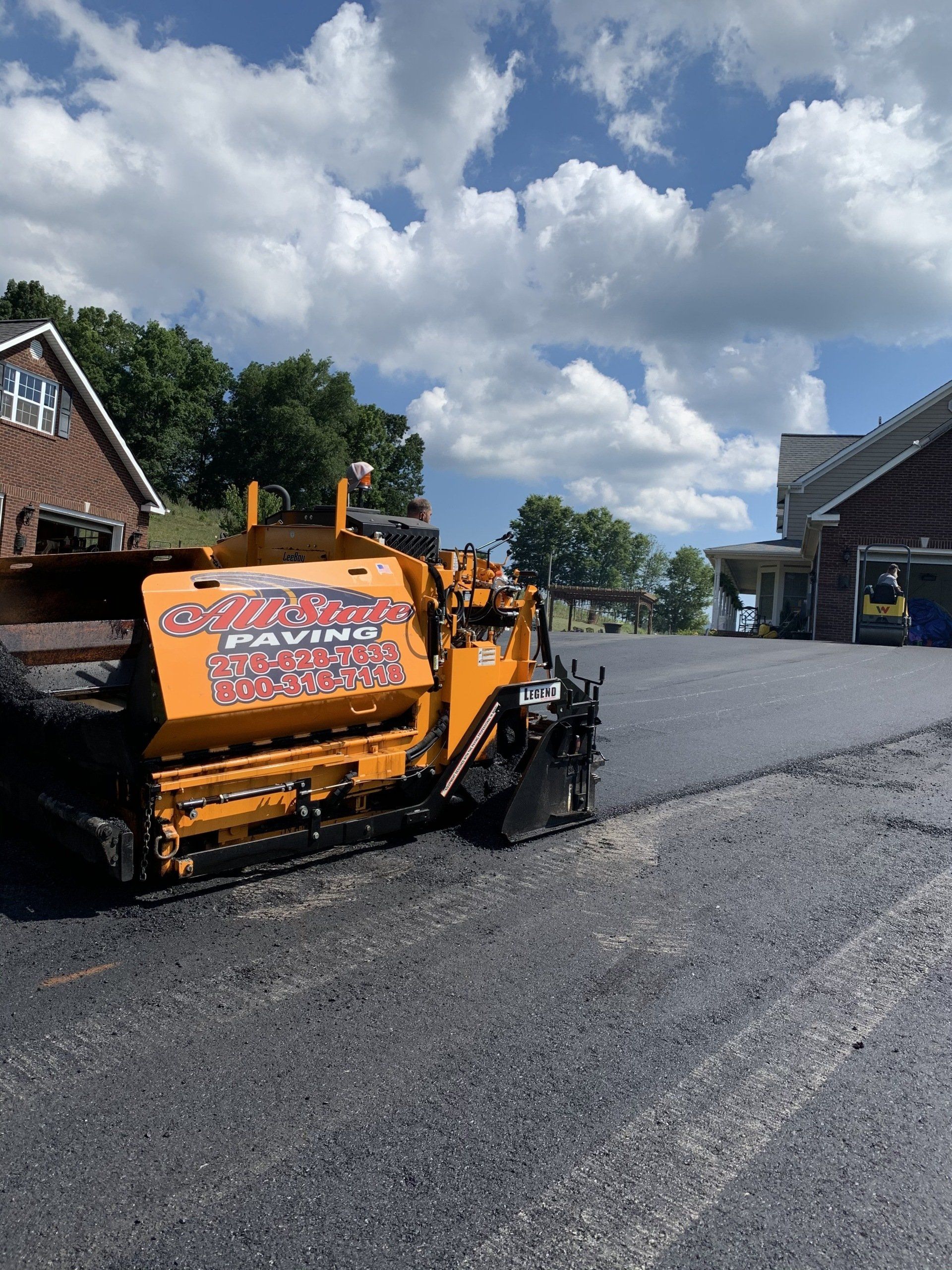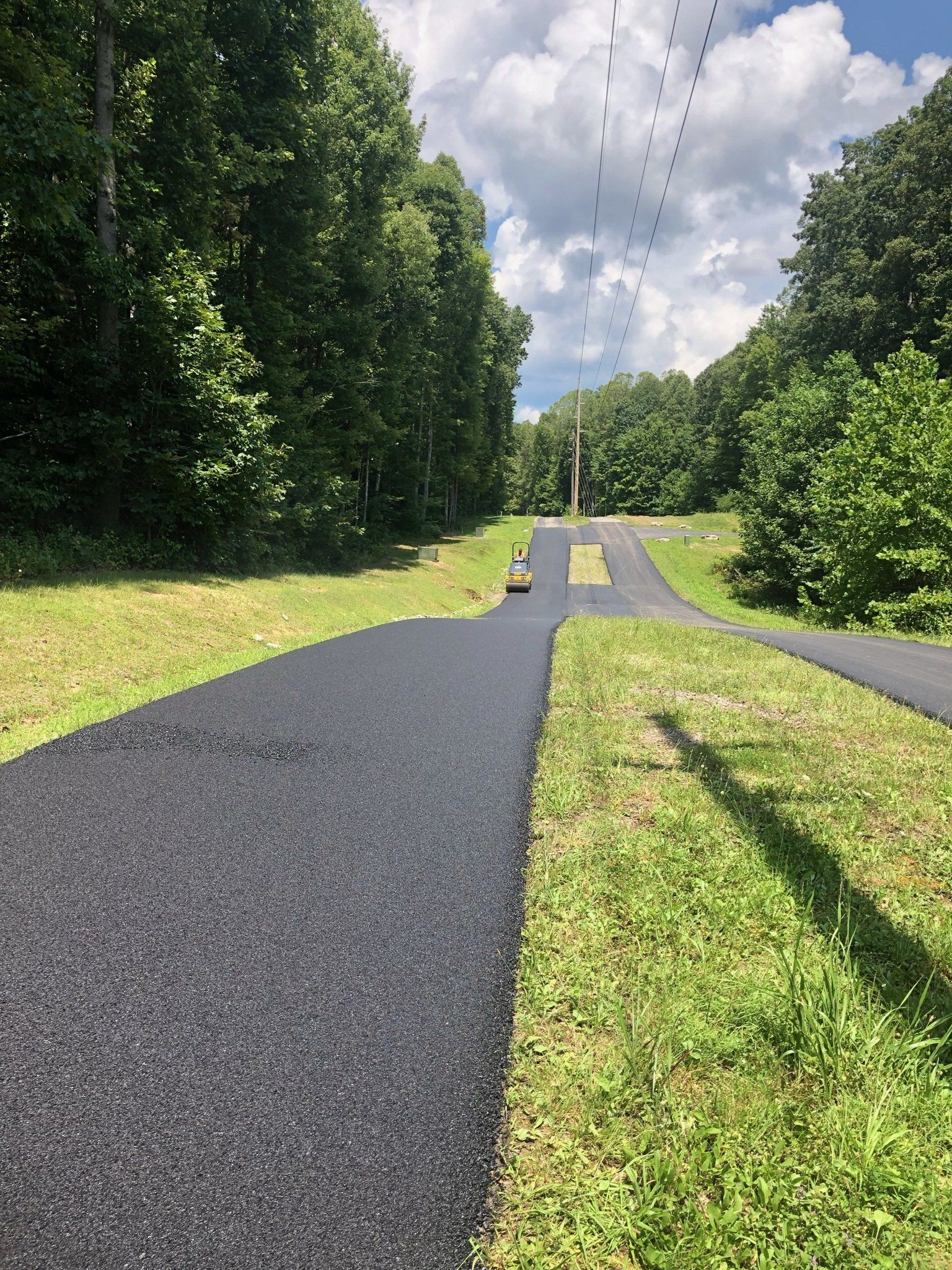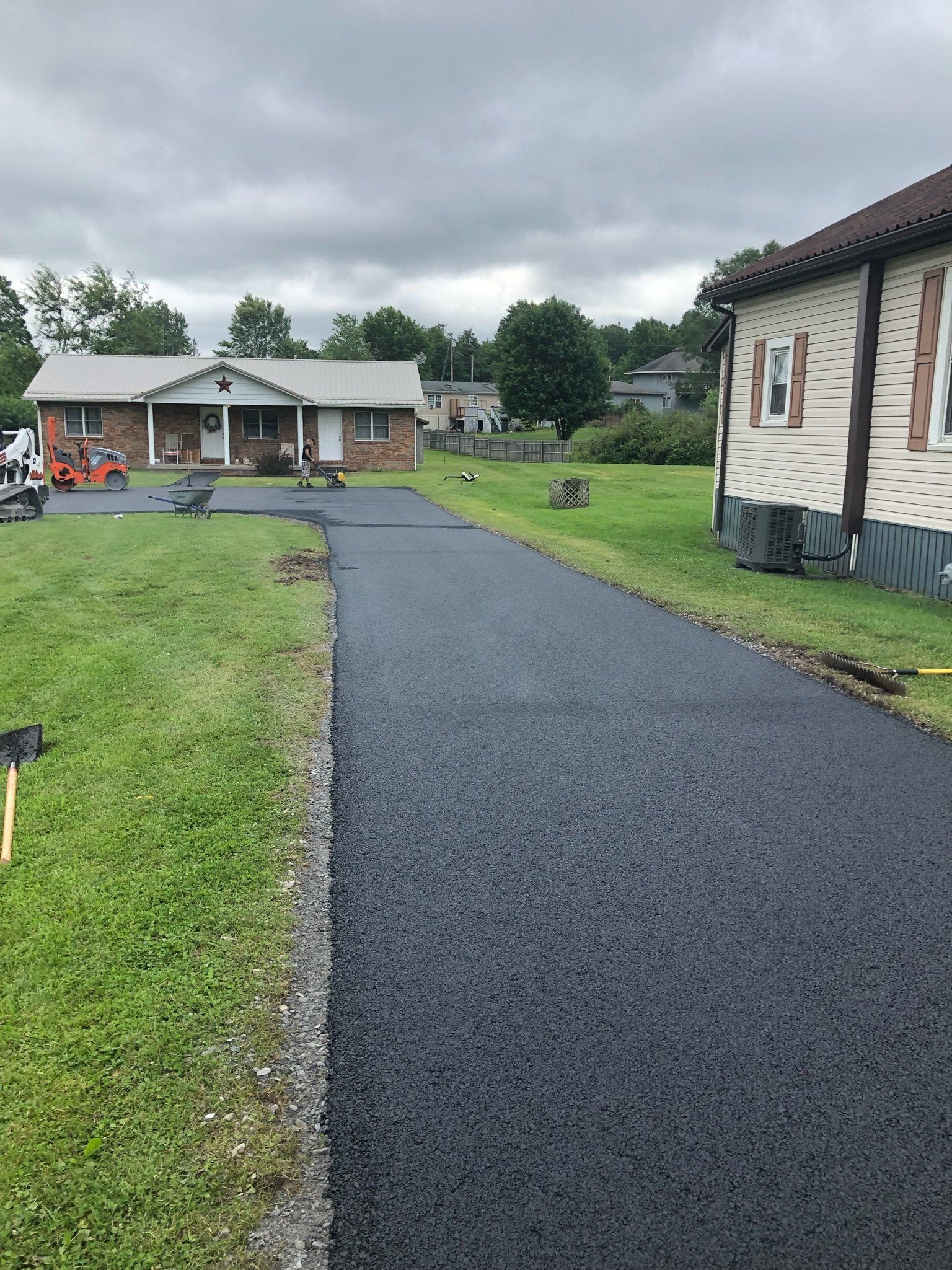5 Common Misconceptions About Asphalt Paving: Separating Fact From Fiction in Virginia
Get the Facts About Asphalt!
Introduction
There are numerous myths about asphalt paving that can lead customers to make poor decisions. Customers must be given accurate information in order to make informed decisions about their paving projects. In this post, we'll dispel five common myths about asphalt paving in Virginia and provide accurate information to help you distinguish between fact and fiction.
Myth #1: Asphalt is not long-lasting.
One of the most common myths about asphalt paving is that it is not long-lasting. This, however, is not the case. Asphalt is a long-lasting paving material that can withstand heavy traffic and harsh weather conditions. Asphalt is a great option for both residential and commercial paving projects in Virginia, where the weather can be harsh. It can withstand the summer's heat and humidity as well as the winter's freezing temperatures. Asphalt is also a flexible material, allowing it to expand and contract with temperature changes, lowering the risk of cracking. Proper maintenance, such as sealcoating, can also help an asphalt surface last longer.
Misconception #2: Asphalt is costly.
Another widespread misconception about asphalt paving is that it is costly. This, however, is not the case. Asphalt is a low-cost paving material in Virginia. The materials used in this type of paving are relatively cheap, and the installation process is quick and simple. This means that the initial cost of asphalt paving is often less than other types of paving. Furthermore, asphalt paving requires less maintenance over time, which can result in cost savings in the long run. Sealcoating can also help to extend the life of an asphalt surface, reducing the need for costly repairs or replacements.
Misconception #3: Asphalt can't be recycled
The third myth about asphalt paving is that it cannot be recycled. This, however, is not the case. Asphalt is recyclable and reusable. This is not only good for the environment, but it is also good for customers because recycling asphalt can save money in the long run. Recycling asphalt entails milling, which is the process of removing the top layer of asphalt and reusing it in new paving projects. This not only saves money on new materials, but it also reduces the amount of waste sent to landfills.
Misconception #4: Asphalt doesn't look good
Another common misconception is that asphalt paving is unsightly. This, however, is not the case. Asphalt can be colored and patterned in a variety of ways. It can also be stained or stamped to create patterns resembling brick, stone, or other materials. Customers can use this to improve the aesthetic appeal of their residential and commercial properties. Furthermore, as technology advances, new methods of coloring and texturing asphalt have been developed, providing customers with a diverse range of options for customizing their pavement.
Misconception #5: Asphalt is easy to install
A fifth myth is that asphalt paving is simple to install. This, however, is not the case. Asphalt installation necessitates specialized knowledge and equipment. Improper installation can result in cracking, potholes, and uneven surfaces. To ensure that the job is done correctly, it is critical to hire a reputable and experienced contractor. It is also critical in Virginia to ensure that the contractor is licensed, bonded, and insured.
Misconception #6: Asphalt cracks easily
Another myth is that asphalt cracks easily. While asphalt can crack, it does not crack as easily as other paving materials such as concrete. Asphalt is a malleable material that can expand and contract in response to temperature changes. This reduces the possibility of cracking. Proper maintenance, such as sealcoating and crack filling, can also aid in the prevention of cracking and the extension of the life of an asphalt surface.
Misconception #7: Asphalt is harmful to the environment.
Another common misconception is that asphalt is harmful to the environment. This, however, is not the case. Asphalt is a long-lasting and environmentally friendly paving material. It's made of natural materials like crushed rock and liquid asphalt. Furthermore, as previously stated, asphalt can be recycled and reused, reducing the amount of waste that ends up in landfills. Furthermore, the material has a low carbon footprint and requires less energy to produce and transport than other paving materials.
In conclusion, Asphalt paving is a durable, cost-effective, and environmentally friendly option for Virginia's residential and commercial paving projects. It is critical to have accurate information and consult with a reputable and experienced contractor to ensure that the job is completed correctly and to the customer's satisfaction.
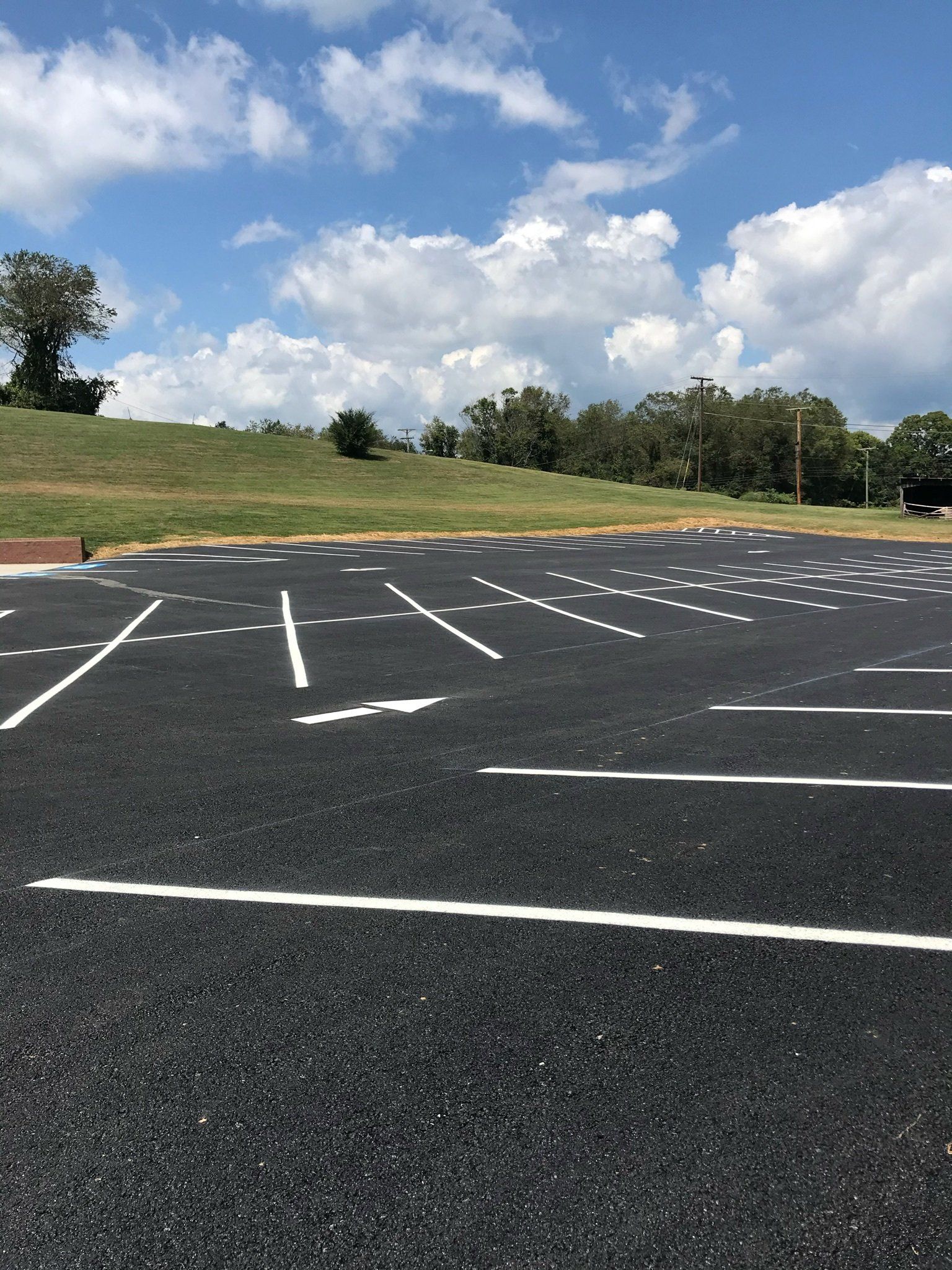
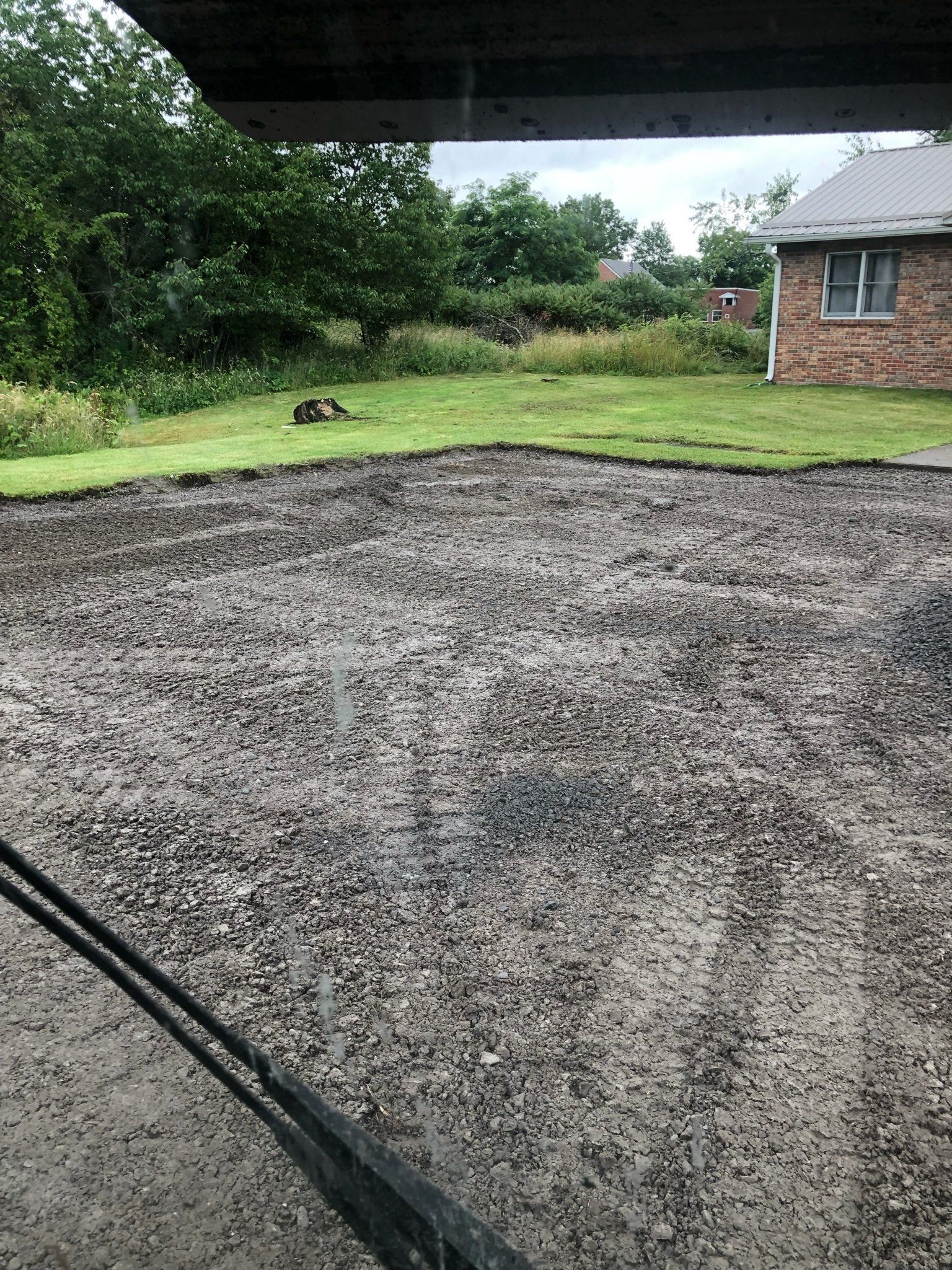
Company
Contact Information
Our Location
AllState Paving takes pride in our ability to serve the community and provide high-quality paving services to both homeowners and businesses. Our headquarters are in Abingdon, Virginia, but our reach extends far beyond that. We are excited to extend our expertise and services to a broader range of locations in West Virginia, Virginia, and Tennessee, and we are committed to providing the same level of quality and care to every project, regardless of location. We are always ready and eager to help if you need a new driveway, parking lot, or any other paving services.


